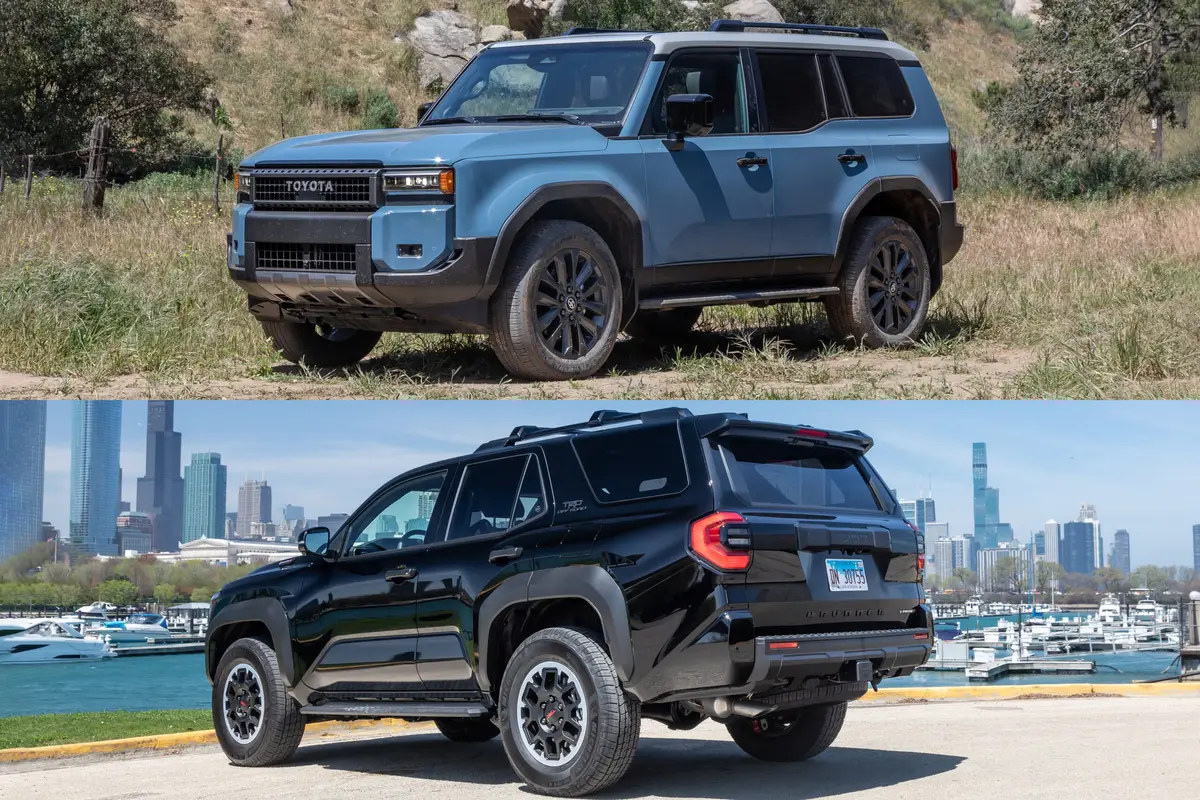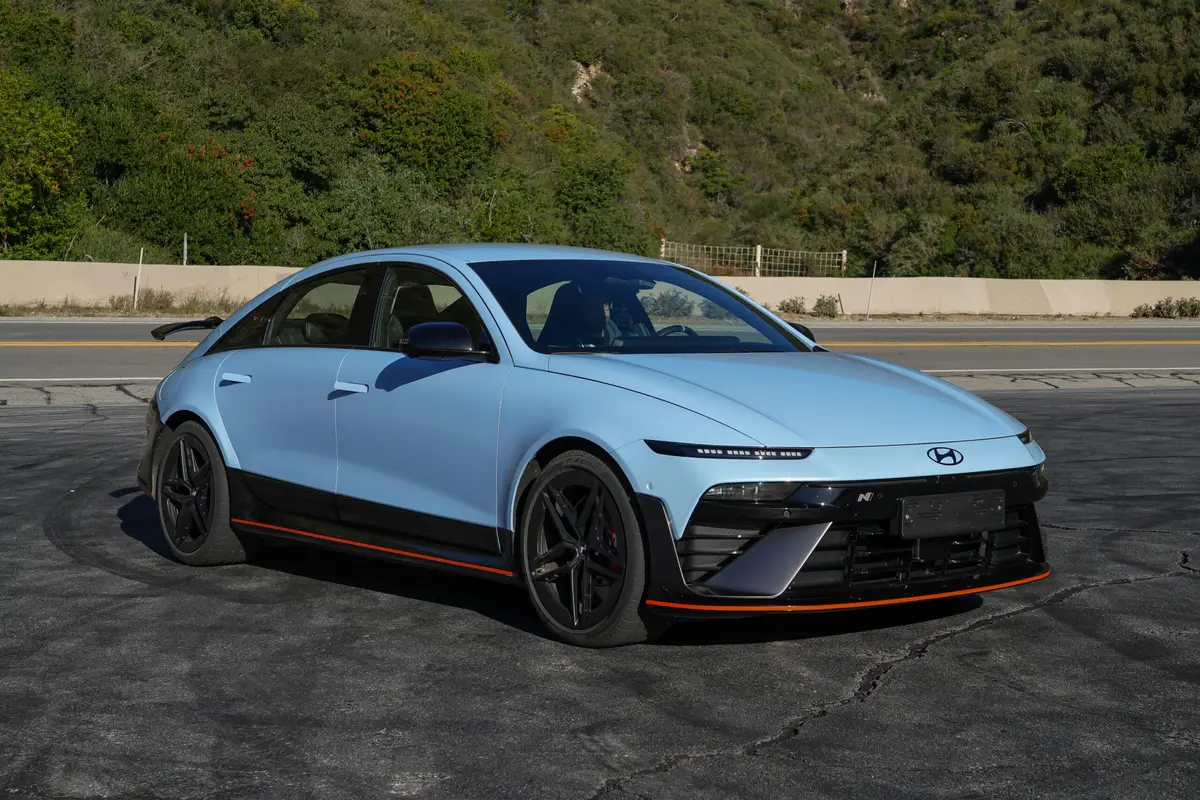Volkswagen Airbag Recall Unlikely to Be Takata Crisis All Over Again


Unlike millions of other airbag inflators manufactured by Japan’s Takata Corp. that were recalled over the past decade in a massive federal safety action, a new batch is now under recall despite containing a moisture-inhibiting agent thought to make the inflators safer. However, the limited scope of this latest recall suggests regulators are convinced — for now — that such inflators pose minimal risk.
Related: More on the Takata Airbag Recall
Volkswagen will recall the batch of inflators, which are installed in the Passat sedan and Beetle coupe and convertible. Under a May 5 agreement, the recall will occur in three groups between now and the beginning of 2025, with the first group initiated by Dec. 31. Affected models are the 2012-19 Beetle (both coupe and convertible) and the 2011-14 Passat (the National Highway Traffic Safety Administration designated such model years, but Volkswagen skipped 2011 for the U.S.-market Passat). In total, VW will need to recall 371,000 vehicles, all with the affected inflator in the driver-side frontal airbag.
Takata’s faulty inflators employed ammonium nitrate, a chemical that can break down and deploy with too much force after years of exposure to heat and humidity, rupturing the inflator hardware and sending metal shrapnel into the cabin during an airbag deployment. Regulators have blamed Takata’s inflators for hundreds of injuries and at least 16 deaths in the U.S., with some 63 million inflators under recall in more than 40 million vehicles industrywide.
The problematic inflators lacked desiccant, a moisture-inhibiting agent. Desiccated Takata inflators were thought to mitigate the problem, though they still used ammonium nitrate. Some 56 million such inflators were produced for cars in the U.S., according to NHTSA, none of which had been targeted for recall. NHTSA told Cars.com in 2016 that there had been “no known rupture of a desiccated inflator due to propellant degradation.” Under a 2015 consent order, Takata pledged to stop making airbag systems with ammonium nitrate, desiccated or not, by the end of 2018; NHTSA also required Takata to prove the safety of desiccated inflators by the end of 2019.
The new agreement indicates safety officials are confident the desiccated inflators have low risk, with a few exceptions.
“While none of the desiccated inflators pose an imminent risk to safety, the inflators in [Volkswagen’s] recalled vehicles pose a higher risk than others and could pose such a risk starting as soon as four years from now,” the agency said in a statement.
“Other vehicles containing Takata desiccated [phase-stabilized ammonium nitrate] airbag inflators do not pose risk to safety in the coming years,” NHTSA continued, but added that it will “continue to monitor their performance over time.”
Certain older Volkswagen Beetles have desiccated inflators that “may pose a safety risk starting several years from now,” NHTSA said. It noted separately that inflators in the 2011-14 Passat already had newer replacement inflators installed under the Takata campaign. Although their risk is lower for the time being, such inflators will still need a recall initiated by Jan. 1, 2025, under the terms of the agreement.
Asked for more specific differences between Volkswagen’s desiccated inflators and those of other automakers, spokespeople for NHTSA and the automaker did not immediately clarify. After Takata filed for bankruptcy in 2017, Chinese auto-parts company Ningbo Joyson Electronic Corp. purchased most of its assets.
More From Cars.com:
- New Deadly Takata Airbag Defect Prompts 1.4M-Car Recall: What You Need to Know
- Honda’s New Airbag Innovation Like a ‘Catcher’s Mitt’ for Your Head
- Honda Gets Head Start on Recalling Last of Deadly Takata Airbag Inflators
- New Death Linked to Takata Airbag Inflators
- See the Latest Recalls
Cars.com’s Editorial department is your source for automotive news and reviews. In line with Cars.com’s long-standing ethics policy, editors and reviewers don’t accept gifts or free trips from automakers. The Editorial department is independent of Cars.com’s advertising, sales and sponsored content departments.

Former Assistant Managing Editor-News Kelsey Mays likes quality, reliability, safety and practicality. But he also likes a fair price.
Featured stories



